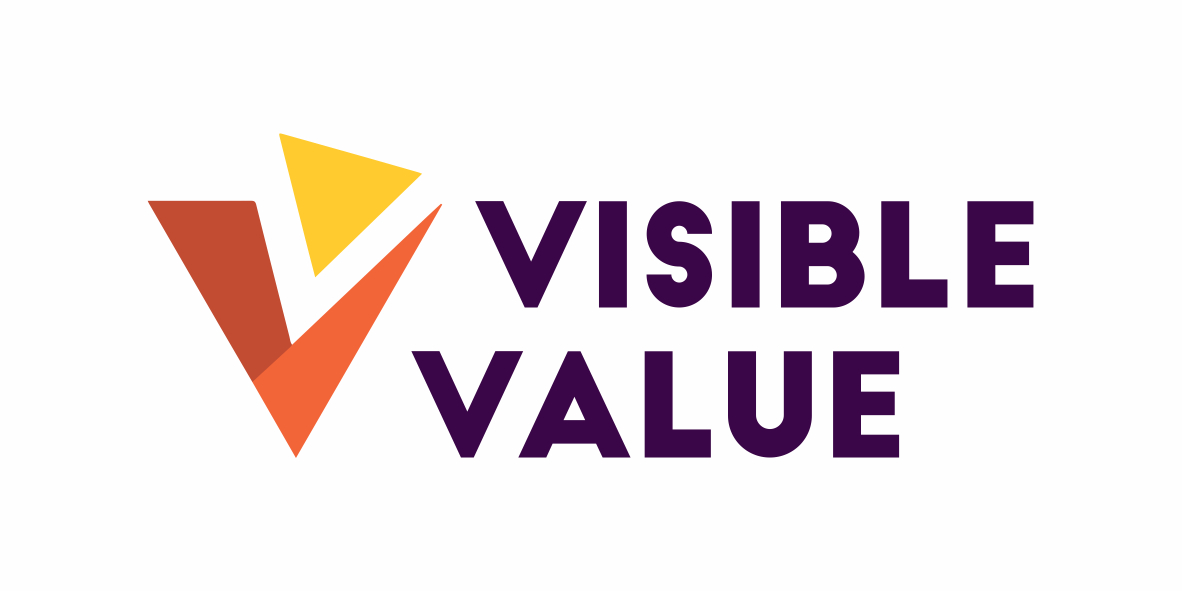Country Snapshots: Recognition of Youth Work
This section of the Visible Value aims to provide a quick overview of the state of the affairs about the recognition of youth work in the countries covered by EU-CoE Youth Partnership. In total it covers 53 country profiles (including 3 profiles for Belgium and 4 profiles for the UK).
The content in this section is based on several sources, including:
- Country reports on youth work collected by EKCYP correspondents: https://pjp-eu.coe.int/en/web/youth-partnership/country-information-youth-work
- EU Youth Wiki - an online platform presenting information on European countries' youth policies: https://national-policies.eacea.ec.europa.eu/youthwiki
- Forthcoming national contributions of the Non-programme countries to EU Youth Wiki
- An additional survey done by the editors of the Visible Value in 2021
The sources of information are indicated at the end of each profile.

Youth work is the creation of conditions to promote the diverse development of young persons, which enable them to be active outside their families, formal education acquired within the adult education system, and work on the basis of their free will.
This means that youth work is done outside the family, work and formal education, is based on free will and promotes the development of a young person.
According to the Local Government Organization Act, the local governments have a key role in organizing youth work. Most of the financing of youth work comes also from the budget and own income of the local municipalities. The municipalities have the obligation to have a general development plan according to the aforementioned act, but there are no regulations stating that there should be a separate strategy or development plan for youth work. The Youth Work Act states that a local government council has to determine their youth work priorities and set out the tasks in the local development plan. Therefore, there are municipalities that have a separate youth work development plan, and others, who have a paragraph of youth work in the general development plan.
The Youth Work Act sets also the general definitions and the target groups of youth work. The main target group of youth work, in general, is a young person between 7 and 26 years of age. The youth field programme for the years 2020-2023 (Noortevaldkonna programm 2020-2023) targets more specifically the young people at the risk of exclusion.
The main structures of youth work that provide different youth work activities are:
- Youth centre – youth work establishment that is managed by the local municipalities or non-governmental organizations.
- Hobby school – an educational institution that acts in the field of youth work and creates the conditions for developing young people in different fields of hobby education.
- Youth association – non-profitable organization, in which at least two-thirds of the members are young people and which objective covers the organization and performance of youth work.
- Youth work camp – a workplace project that supports the competitiveness of young people combining work and youth work opportunities, through the development of young people’s skills and knowledge.
- Youth permanent and project camps – school holiday camps, which last at least six 24-hour periods.
- Youth work association – non-profit association, a union of non-profit associations or a foundation the objective of which is the integration of youth workers, youth work agencies or other exercisers and organizers of youth work and representation of their interests.
- Youth council – an advisory participation council consisting of young people, which operates in a rural municipality or city council.
- Youth work in schools – youth work that is done in formal education and vocational education schools that supports the school’s curricula’ goals, is based on extracurricular activities and is organized by school youth workers, pupils unions and activity leaders.
In Estonia, there is an Occupational standard for youth workers. There are minimum requirements set that a youth worker should know or do, including the code of ethics. If a youth worker finishes the assessment process positively, they will be issued a professional certificate of a youth worker. This is not mandatory to obtain, but there are more and more local municipalities that have connected the existence of youth work education and/or professional certificate with funding of youth work and salaries or vacations of youth workers.
Young people are able to assess their experiences obtained from youth work in experience baggage on the website Teeviit. It is possible to add the learning experience (formal education, student/pupil exchanges, trainings, seminars and conferences, voluntary activities, youth camps, youth exchanges, and hobbies) and working experience (jobs, practice, working camps, belonging to organizations, tutoring) and analyze the outcomes by yourself. As a result of the process, it is possible to combine it into a CV and send it to potential employers by e-mail.
An alternative to Teeviit is YouthPass that recognises learning and certifies participation in youth work activities of the Erasmus+ programme.
Depending on a school and teacher, there are also practices where youth work is recognized in formal education. For example, if a young person participates regularly in some kind of sports hobby activity or education, he or she will get grades in physical education lessons. Unfortunately, this is not something very common and depends on the cooperation between school and youth work organisations.
On the national level, there is the recognition of prior learning and working experience (VÕTA), which helps in validating the prior experiences for formal education, no matter how you studied. VÕTA can also be used in the applying process of a professional qualifications certificate (also with youth worker certificates). This is something young people aged 18-26 can use as this is targeted to adult education mainly.
(From the Youth Wiki)

